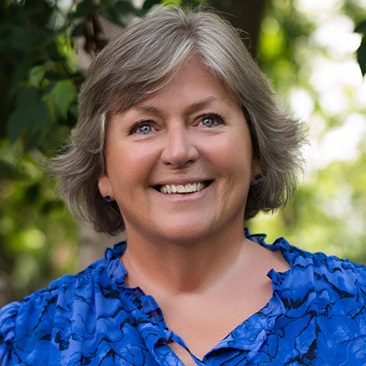Center for Policy Research
Report
How Will Declining Rates of Marriage Reshape Eligibility for Social Security?
Madonna Harrington Meyer, Douglas A. Wolf & Christine L. Himes
June 2006
Abstract
For most older people in the United States, Social Security is the major source of income: nine out of ten people age 65 or older receive benefits, which represent an average of 41 percent of their income. Largely as a result of Social Security, poverty rates for the elderly are at an all-time low, just 10 percent. But pockets of poverty persist: older unmarried persons, blacks, and Hispanics experience poverty rates in excess of 20 percent, and over 40 percent of all older single black women live in poverty.
People quality for Social Security based either on their work record or their marital status. Most older women receive noncontributory Social Security spouse of widow benefits on the basis of their marital history. For these women, marital status is more important than employment status in shaping old-age financial security. However, the trend to marry and stay married has declined over time in the United States, particularly among black women. This, the authors hypothesize, means that fewer women will qualify for spouse and widow benefits in coming decades. As a result, Social Security benefits will shrink among the very population that currently reports higher poverty rates, older single women, particularly black women.
In this report, the authors ask: Compared to earlier cohorts, what proportion of white, black, and Hispanic women born in the 1940s, 1950s, and 1960s will enter old age without a marriage that qualifies them for Social Security spouse and widow benefits? They find that the proportion who will reach age 62 without a qualifying marriage, and thus be ineligible for Social Security spouse and widow benefits, is increasing modestly for whites and Hispanics but dramatically for African Americans. Most of these women will be eligible for retired worker benefits under Social Security, but those benefits are not likely to be as large as the benefits they would have received as spouses and widows, had they been eligible. The authors then discuss a range of policy alternatives, including the possibility of a minimum benefit.
The Center for Policy Research at the Maxwell School of Syracuse University supports policy-relevant research and disseminates knowledge that enables leaders to make informed policy decisions and provide effective solutions to critical challenges in our local region, state, country and across the world.
Related News
Research

Apr 18, 2024
Commentary

Apr 11, 2024
Commentary

Apr 3, 2024
School News

Mar 13, 2024

